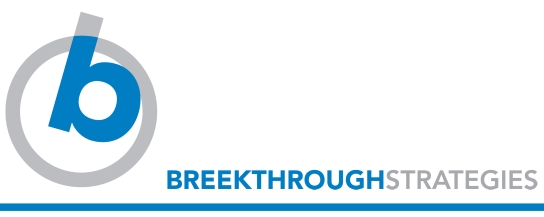Hey Michelle, I’ve a feeling we’re not in Kansas anymore!
You met Michelle in my December blog (“When coaching isn’t enough”). She is a young, high potential sales representative working for a large pharmaceutical company who loves her work and wants to get ahead. She elected to work for Patrick, who heads up an area in which Michelle really wants to work, in order to gain broader experience.
Patrick is known in the company as a “difficult” sales manager. Other managers describe his style as autocratic and arrogant; he has a reputation as a micro-manager and a hard driver who “burns out” his staff. Staff turnover in his team is triple that of the business overall.
Michelle believes she has strong “people” skills and can handle Patrick’s rather direct style, but after 6 months she is becoming highly stressed, can feel herself swing into negative talk and is getting discouraged. As Dorothy said to Toto in The Wizard of Oz –“I’ve a feeling we’re not in Kansas anymore”. Michelle is really out of her comfort zone this time.
Call the mediator!
You’ve heard of the theory of parallel universes, which states that our universe is only one of many, and that possibly our lives are playing out multiple times in different universes. Well here’s an alternative universe for Michelle – one that sees her making a different choice to coaching.
In this alternative universe, Michelle decided she needed the services of a skilled and accredited mediator rather than a coach, so that Patrick and her could both work out an effective way of working together and develop a positive and productive working relationship. Mediation is a powerful alternative to coaching because, whilst the coach would meet one-on one with Michelle, mediation involves both parties. A skilled mediator is a neutral person who can facilitate a conversation between Michelle and Patrick, based on exploring their specific needs and desired objectives, then identifying acceptable, realistic outcomes that are mutually beneficial.
Don’t tackle personality, change behaviour
How many of us have heard from others – “this is my style – people have to learn to work with it.”? Yet if Patrick was made aware that his style is actually undermining his ability to achieve his objectives, he may think twice.
During the mediation conversation Michelle and Patrick were able to identify the factors that motivate them at work, then listen and understand the motivators of the other. They may sound very different at first, but the key is to find common ground between them:
| Motivators for Michelle – the new team member |
| Challenging work |
| Opportunities to learn and grow new skills |
| A sense of achievement |
| A sense of ownership of her work |
| A fun work environment |
| Meeting stretch targets |
| Motivators for Patrick – the boss |
| Getting results – meeting or exceeding targets for the division |
| Having a positive reputation in the company and in the industry |
| Earning a high income |
| Focusing on facts not feelings |
Taking a closer look into Patrick’s motivators:
- Getting results – this means attracting the best staff and leveraging the skills of a great team. The reluctance by top performers to work for him is working against his ability to deliver results.
- His standing and reputation in the company – which is getting somewhat tarnished, given the high turnover in his team and the reputation he is behaviour is creating for himself.
- High income – well that’s driven by the first two motivators.
- Facts – give him results of solid research, such as research into what motivates others to perform at their best, and he’ll listen.
After listening to and understanding each others motivators, Patrick and Michelle could work towards common ground. The common denominator was they were both driven by high performance, it’s just that they had different ways of achieving it. So, Patrick was prepared to try one new thing for a three-month period that would be meaningful for Michelle – to commence weekly meetings with the team, providing them with information on financial performance of the division, to listen to suggestions for improvement and to involve them in decisions. In return, Michelle was prepared to cease her negativity, become more factual in her discussions with Patrick and work hard to bring positivity to the team.
Now we are getting somewhere. By finding small changes in behaviour that Patrick and Michelle are willing to adopt, they will be able to achieve their objectives and deliver above and beyond their current performance.
Hey, it’s not all perfect. But – one small step for Patrick and Michelle, one great leap for the team.
For more information about how mediation could work for you or your organisation, contact Norah Breekveldt atneb@breekthroughstrategies.com.au
